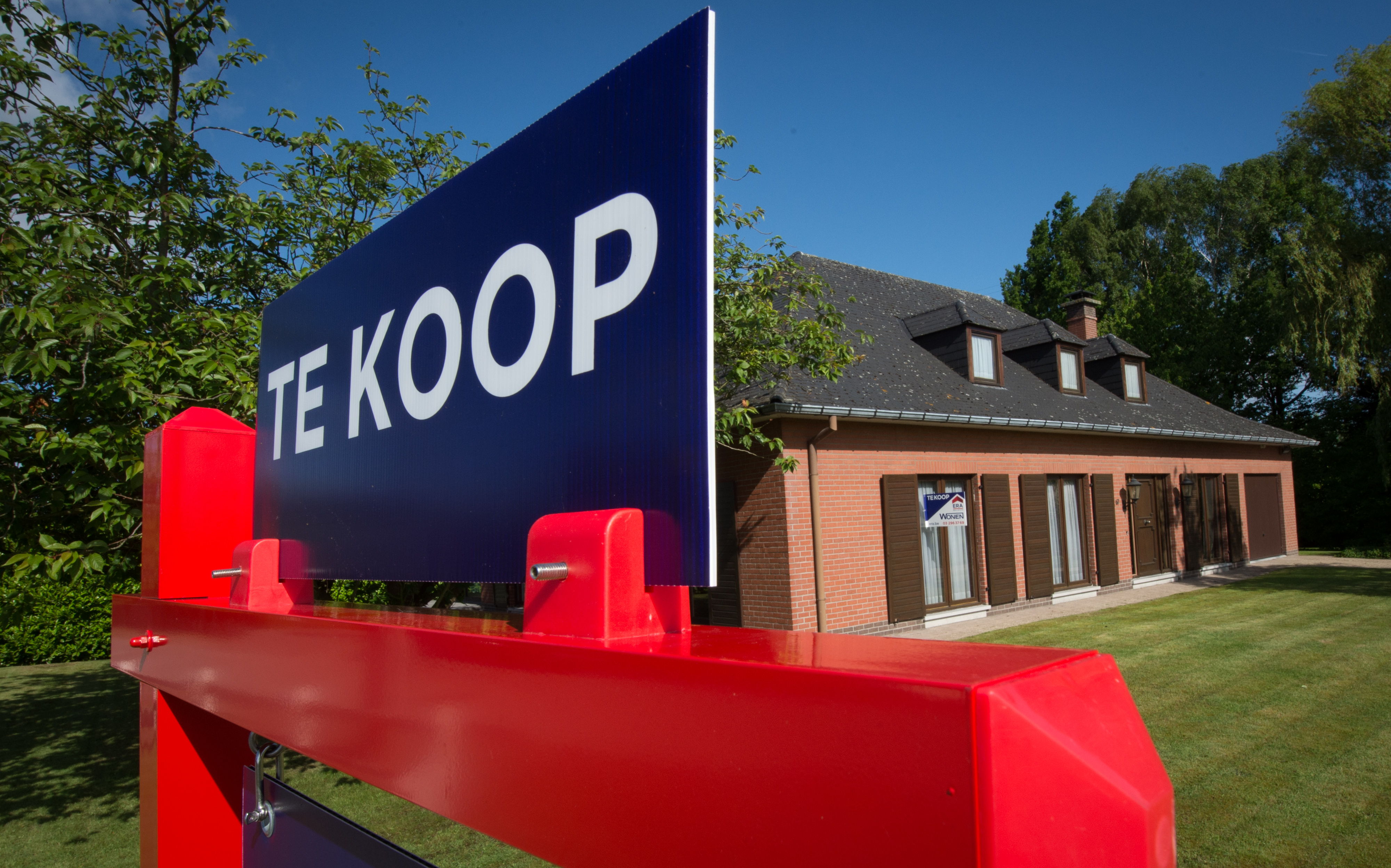Buying property in Belgium is harder than ever before, National Bank reports

The affordability of Belgian housing has sunk to a "historically low level" in 2022, the National Bank of Belgium (NBB) revealed in its latest annual report. An increase in wages only partly compensated for the increased difficulty in buying property.
The National Bank points to two causes. There has been a sharp rise in housing prices since 2020, followed by a significant hike in mortgage rates that started last year. Moreover, building materials have become much more expensive.
The NBB defines the evolution of housing affordability in relation to the so-called "repayment burden" - the share of household income that goes towards paying off a new mortgage loan. Due to rising house prices, the average repayment burden had already risen from 23.4 per cent at the end of 2019 to 24.7 per cent by late 2021. The figure went up further due to rising interest rates, to 27.1 per cent in the third quarter of 2022.
According to the National bank, that figure is roughly in line with the historically high level of the early 1980s or just before the global financial crisis in 2008. Moreover, the NBB expects the figure to have worsened further in last year's final quarter due to rising mortgage rates. Increased wages, due to the Belgian system of automatic wage indexation based on inflation, have only partly managed to compensate for the decrease in housing affordability.
"It is harder to buy a house today. It is more expensive, not only because interest rates have increased, but also because the cost of a new build has increased," Governor Pierre Wunsch concluded while presenting the report.
(BRV)
© BELGA PHOTO BENOIT DOPPAGNE